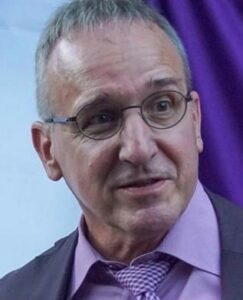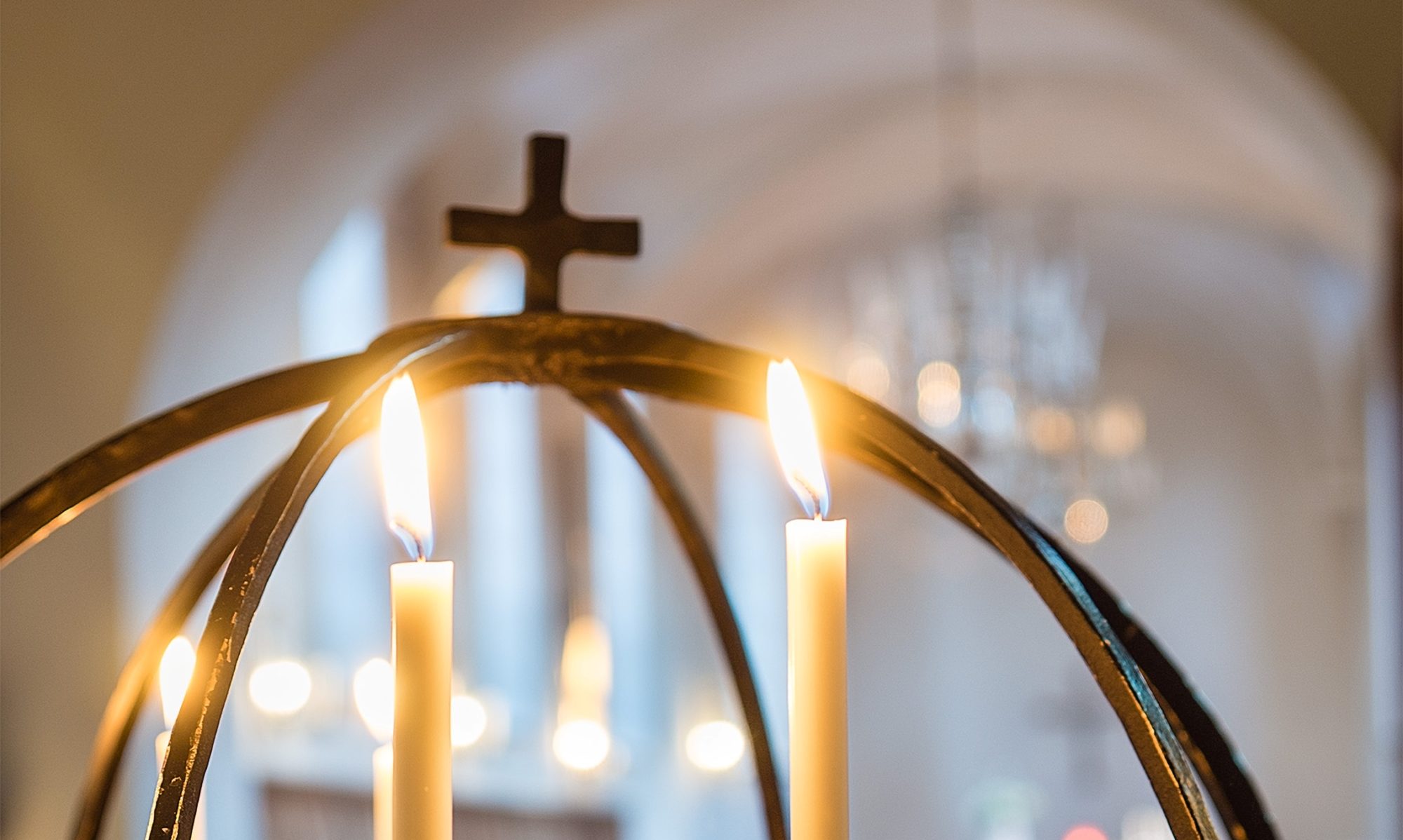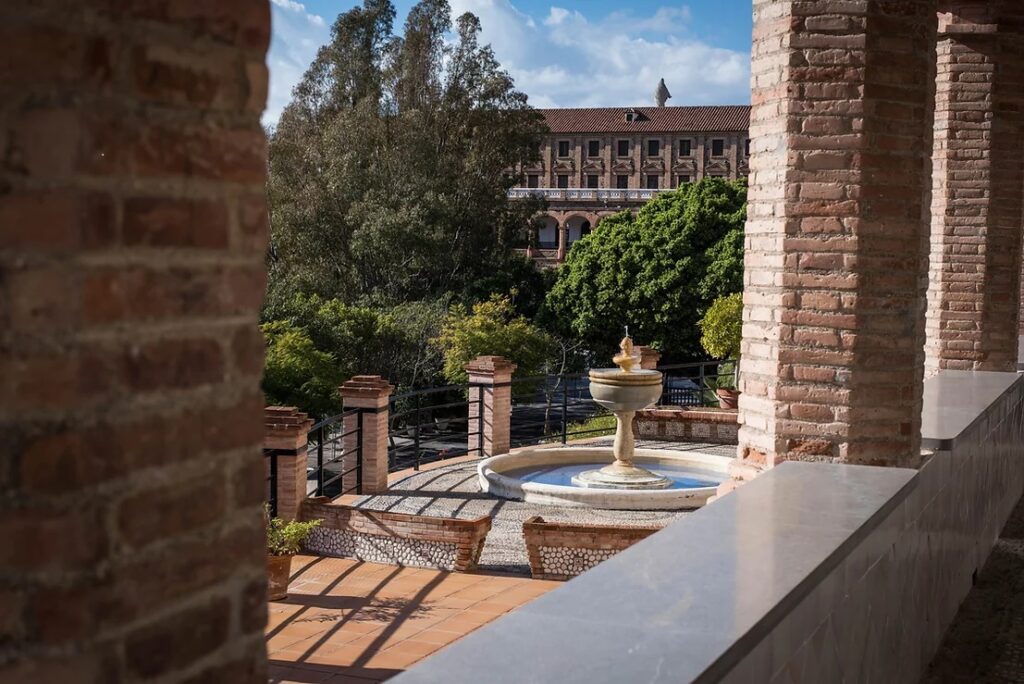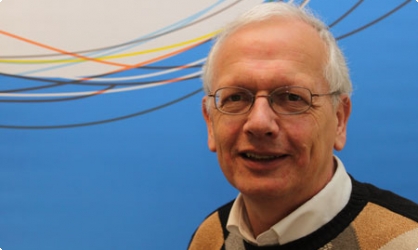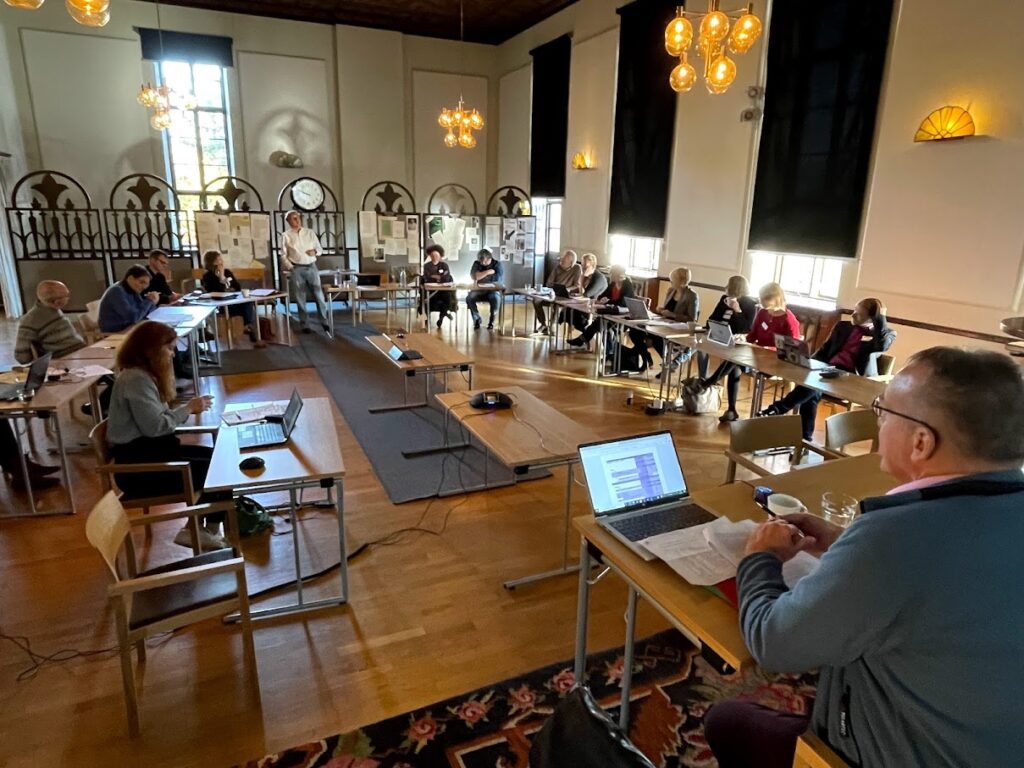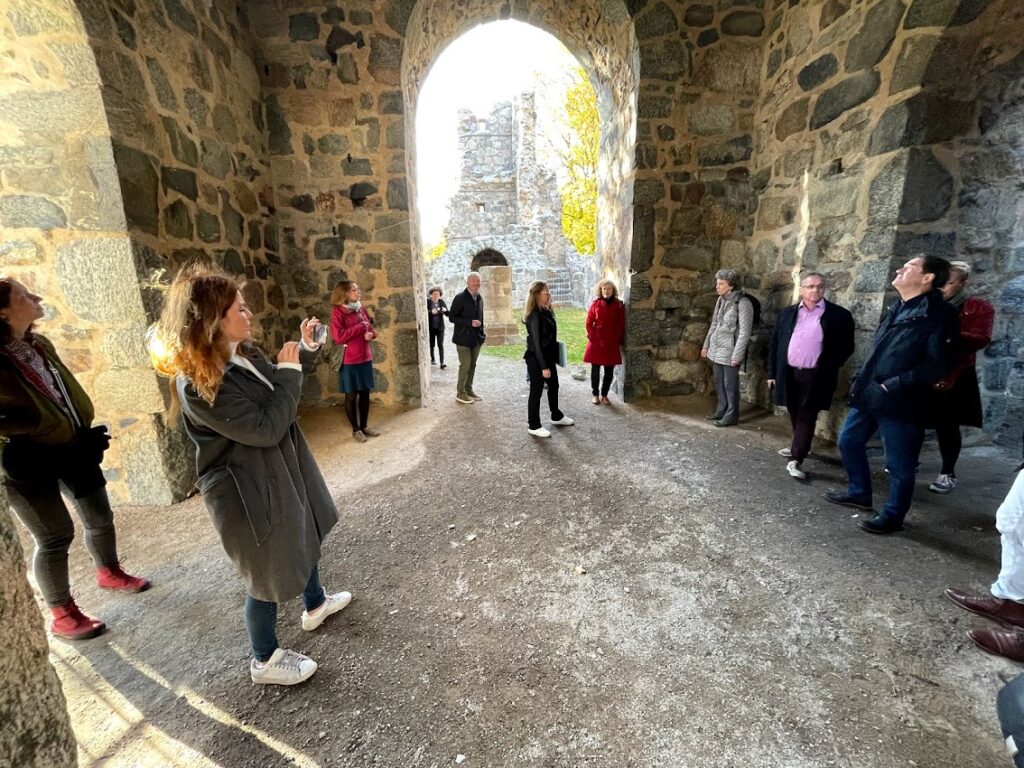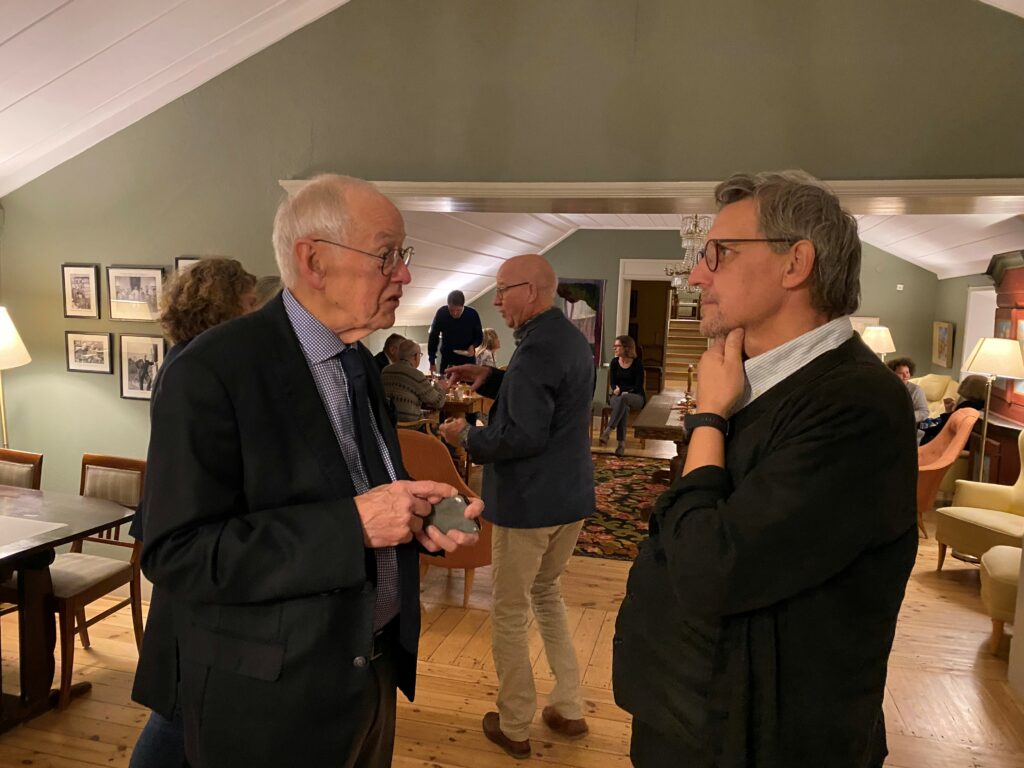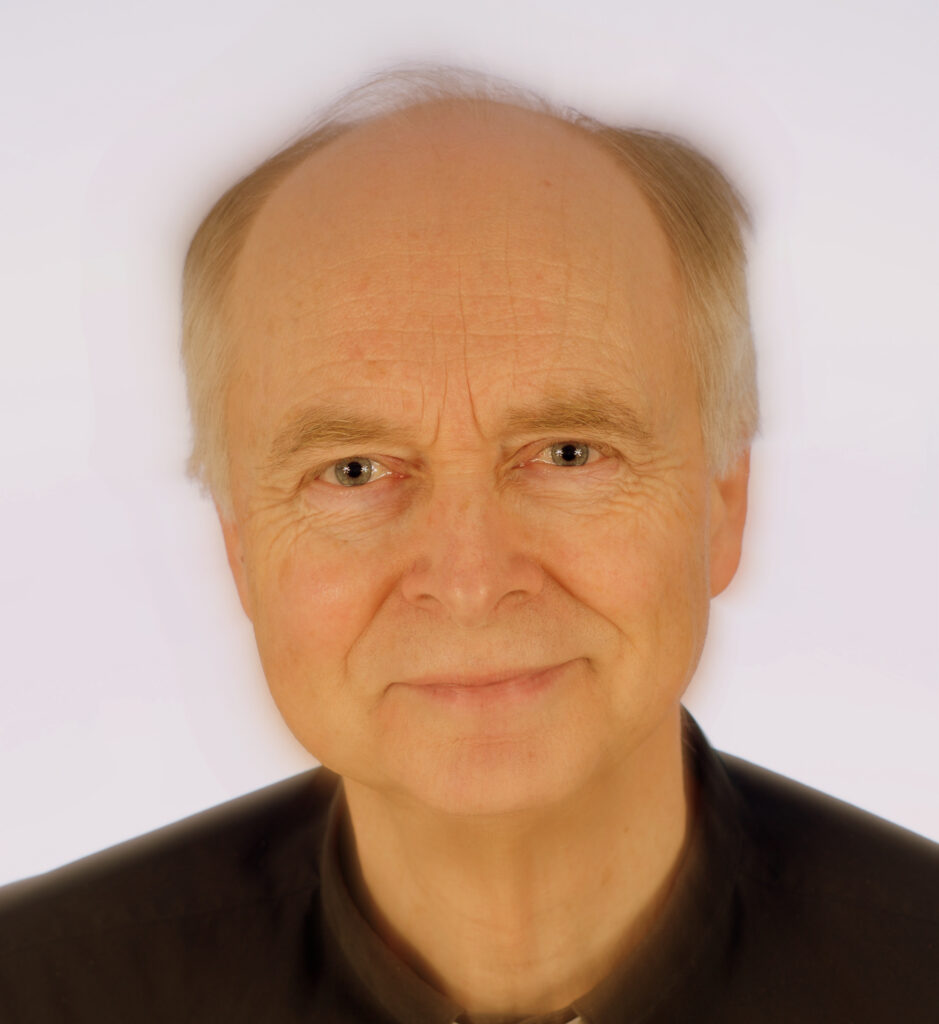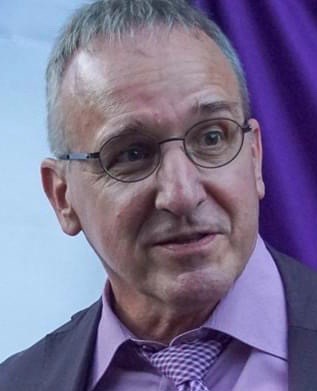Hebrew 11.1
Dear members of Oikosnet Europe, dear friends!
A few weeks ago, as President of Plusbildung, I was invited to a conference in Paris. During a visit to the “Institut Protestant de Théologie” I discovered a cartoon by Bernard Stehr (“Theology of hope”). It accompanies me through this Advent. People long for liberation. Also in Europe. In a way undreamed of until recently. What gives them the strength to build on their skills and resources? What makes them trust in their resilience? What encourages them to exercise patience with great confidence?

The path to freedom can only be found together
In recent years, Escape Rooms or Escape Games have become well-known and popular. A team of players searches for clues and solves tricky tasks in order to be able to leave a room in which they are locked in. The challenge is to share knowledge and imagination, experience and intuition, expertise and daring to experiment by all, to combine approaches and agree on a common course of action. The more complex the puzzles and questions to be solved, the more the joint effort and the contribution of all resources is required. Finally, patience and confidence are needed, hope that together we will succeed in what is too much for me as an individual. The path to freedom can only be found together … and yet remains unavailable.
Education contributes to liberation
When I take up the idea of “Escape Rooms”, it seems to me that many aspects come up that I associate with what I understand as good educational work.
Education finds ways out. Education contributes to liberation. Education is a collaborative enterprise. Education encourages collective action, leads to concrete deeds. Education does not deny complexity. But church-based education also reckons with the unavailable, with that which cannot be calculated. It therefore remains patient and at the same time alert for the kairos, the right moment.
I wish that in this way we will remain committed together in Oikosnet Europe and beyond. We feel the responsibility. We feel the necessities of our time. We know the obligation of solidarity. Let us not give up the faith that together and with God’s help we can make a difference for a better Europe and for the many people who live in fear and need.
With the best wishes for a Merry Christmas,
Rev. Walter Lüssi, President of Oikosnet Europe
